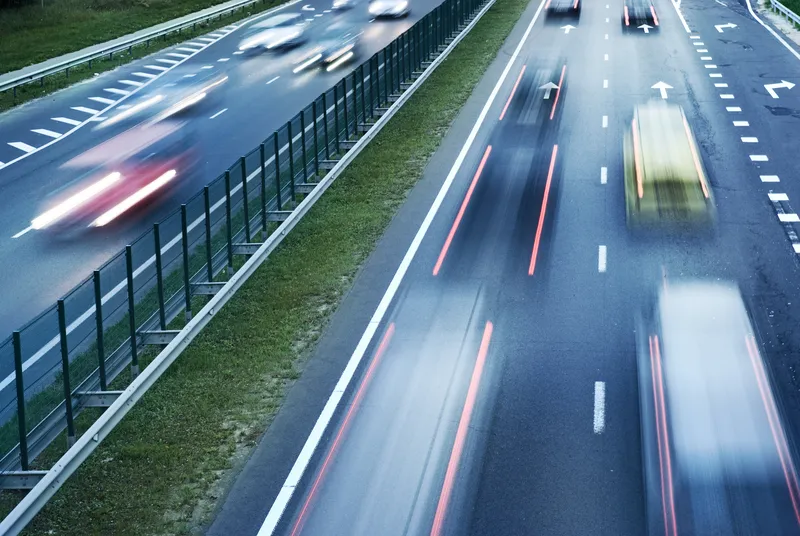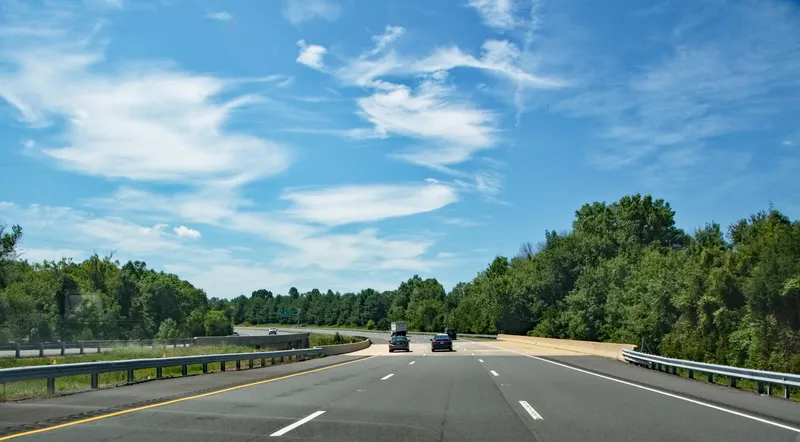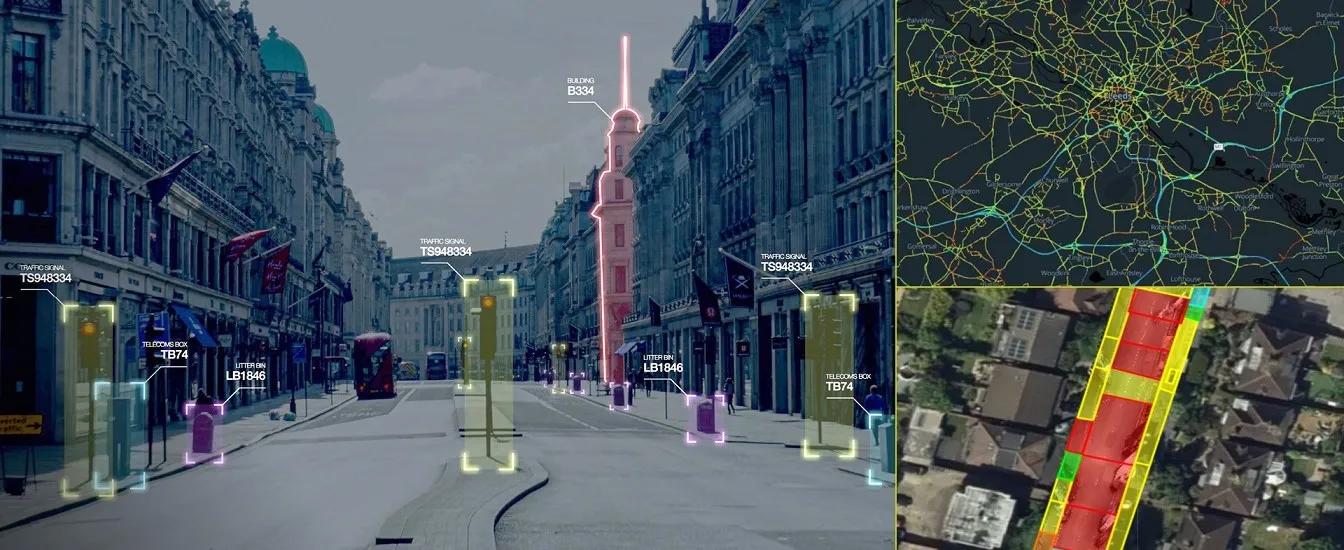
The Road Safety Foundation (RSF) is integrating connected vehicle (CV) technology into its International Road Assessment Program (iRAP) work.
The UK charity is working with CV data aggregator Compass IoT to measure speeds directly from vehicles, across a network.
The iRAP model, used by RSF, gives roads a star rating from 1 to 5, to identify risks and prioritise improvements to prevent deaths and serious injuries.
"The aim of iRAP at its inception was to develop a methodology that would be similar to a New Car Assessment Programme (NCAP), but for roads, to try and increase the safety standard of roads," explains Suzy Charman, RSF executive director.
Charman used Compass IoT's operational speed data to inform iRAP ratings across Wales, which eliminated the need for tube counters to assess speeds.
“I've been a big fan of telematics and connected vehicle speed data for years now," she says. "But even I was astonished when we compared connected vehicle speed data with traditional tube survey data - it was so close."
An Australian road authority has also adopted Compass’ operational speed data for their AusRAP ratings - based on the international iRAP model - with data covering over 99% of its state-wide road network.
RSF is considering adding G-force data to identify harsh swerving and braking, which could create insights into road safety and driver behaviour to enable more targeted interventions.
"We're excited about the potential of our G-force data to further enhance road safety assessments and contribute to creating safer road environments for all users," says Marinos Tsiplakis, general manager at Compass IoT.
You can hear more about the RSF project on the Byte Size podcast.










